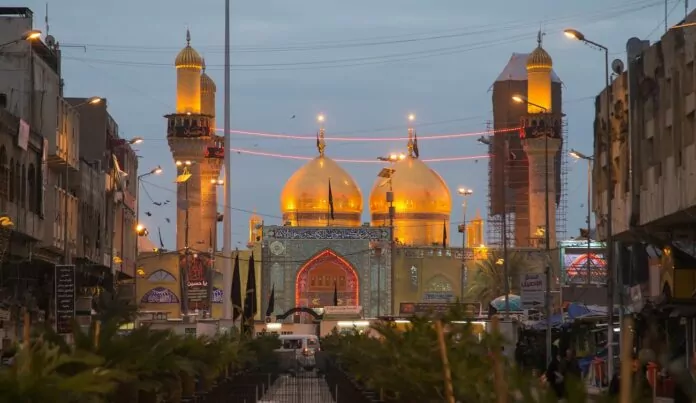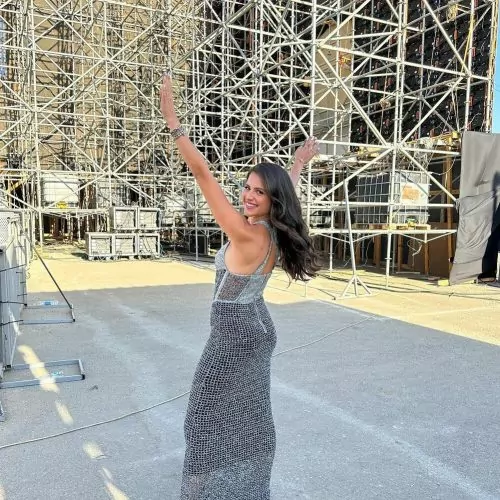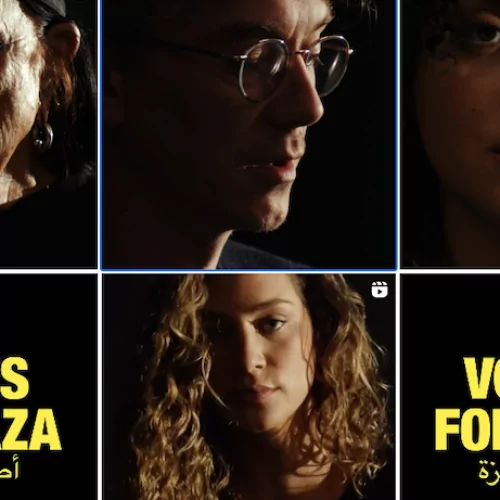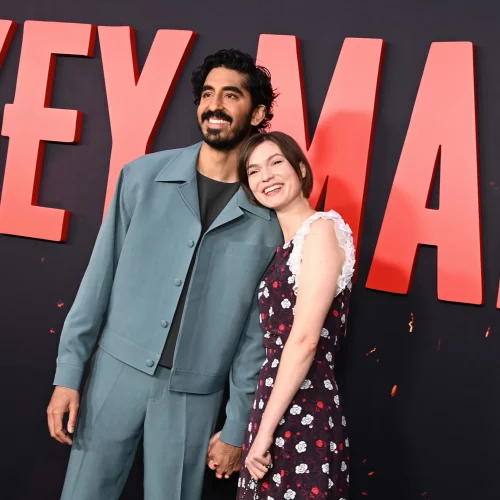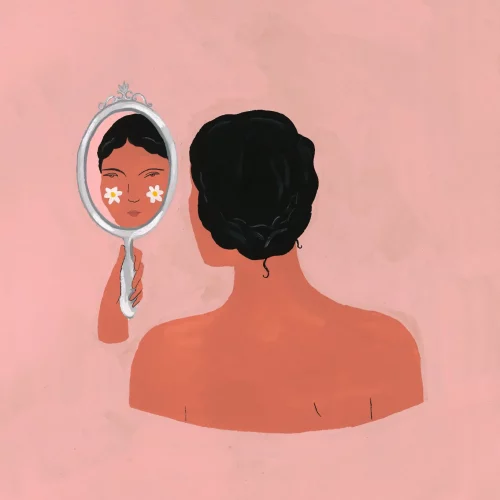In Baghdad, it seems as if any occasion to be of service to someone is an opportunity to decorate oneself. While grand gestures and mountain-moving marks of affection are still common, I can’t help but notice my people’s commitment to what others might consider as low-stake or even minimal-effort favors. It really is the language of love there, so I wonder how this orange peel theory– a TikTok trend in which people ask their loved ones if they can peel an orange for them and record their reaction– would look amongst Iraqis.
Here, 10 seconds of existence carry the same urgency as 10 years, which seems to be the reason why small good deeds are treated like life-saving actions. In many ways, the benign acts of kindness I was delighted with on my trip back to my homeland did save me, and certainly also restored my uncertain perspective on humanity. Another key tenet of culture on this road is trust. Booksellers leave their stock overnight, dignifying the Iraqi proverb that “the reader does not steal and the thief does not read.”
After the third bracelet I was given directly off a lady’s wrist in a shisha bar and a cap I was handed straight off a man’s head, I quickly learned to refrain from complimenting people’s belongings altogether as my praise inevitably led to possession, no matter how much I protested. Gademek/ch (كدامج), which literally translates to “in front of you” and proverbially means “it’s yours,” is the only right way to respond to any compliment in Iraq, especially when in possession of an object.
I came to understand that nothing in Iraq is ever truly in the possession of anyone. This collectivist attitude is demonstrated even by the most lone of lone-wolf types in Iraq, which produces a unique behavior in which one’s shyness does not inhibit their generosity. This was especially true of the children I met on this trip, who, while nervous to be around a new and foreign adult, always offered me their squishy toys and adorable hair bands if I told them that I liked them. The culture here signals that should you need a hand, a car, a payment, a bed, a hospital, a place to seek refuge, a document, a translator, clothes, a promise, or a glass of chai – I am your go-to and you are mine.
Ultimately, the Iraqi people exhibit a habitual generosity, in both big and small gestures, formal and casual, seemingly to compensate for the decades of multifactorial pain written by history, and the underarching corruption that had permeated the nation in the years to follow. Like the damaged pavements and unfinished roadworks—one of a few projects abandoned by the government—this corruption isn’t easy to navigate, but it is something they’ll live amongst anyway.
This is the Iraqi “carrying-on” that keeps our story going. In their conduct and expression, Iraqi hospitality, care-taking, and generosity may start with the tea you are offered the minute you remove your shoes at somebody’s home. But its impacts are so much more far-reaching and felt in every social and personal context. Just like a warm beverage served at the right time, the hospitality of Iraq is intentional, filled with purpose, and oftentimes, it’s the best part of your day.
Here in Baghdad, I am freed from London’s preoccupation with embodying cool—“Why are you taking pics? put your phone away and just enjoy the moment.” In Iraq the idea that you’re exploiting a memory for content by taking a photo is total nonsense. In Iraq, they know better than anyone the unpredictability of loss. They know that you keep martyrs alive by speaking about them, not hiding their names under a cloak of grief. They know that capturing a photo immortalizes a moment forever and gives you at least one sensory channel to experience that moment afresh. The conversational etiquette around death is not stiff and rigid, it is open and real. We lost a loved one. This is what he was like, what he stood for, the foods he hated, and the books he loved.
These three weeks were like sand in my palms and not nearly long enough. Baghdad to Doha and Doha to London is something I am barely awake for. Whilst I am sat there, forever changed, I reflect on words by Oliver Wendell Home. “A mind that is stretched by a new experience can never go back to its old dimensions.” I think about my bedroom waiting for me in London. The distance between me and the person who laid there only a month ago has already been set in motion and I couldn’t close that distance if I tried. I wouldn’t even want to. Iraq has shown me all the ways you can survive on the love you receive. I embody my heritage each time I distribute these small acts of kindness and even each time I accept them.
I’m home now, and my mum, who I sorely missed, is there to get the door for me and Baba. “Binti I missed you, how was it? Tell me everything.” I can barely hold onto one narrative thread; I ramble at her for 5-7 minutes. No longer do I need to use pain as a vector to connect with my country anymore? This is my passage to Iraq, an endless reel of memories archiving all the nights I spent laughing into the dawn with my cousins. This is how I talk about my country now. I stop and start all my stories and then stop for good. Knowing that this opportunity to share Iraq through my lens with the first Iraqeeya I’d ever met—my mother— would make for a sweet and touching memory one day. And still, something is missing. So I emerge from the kitchen with two cups of chai. She takes no sugars, I take two and a half, and the stories of her Iraq, now mine too, resume.





